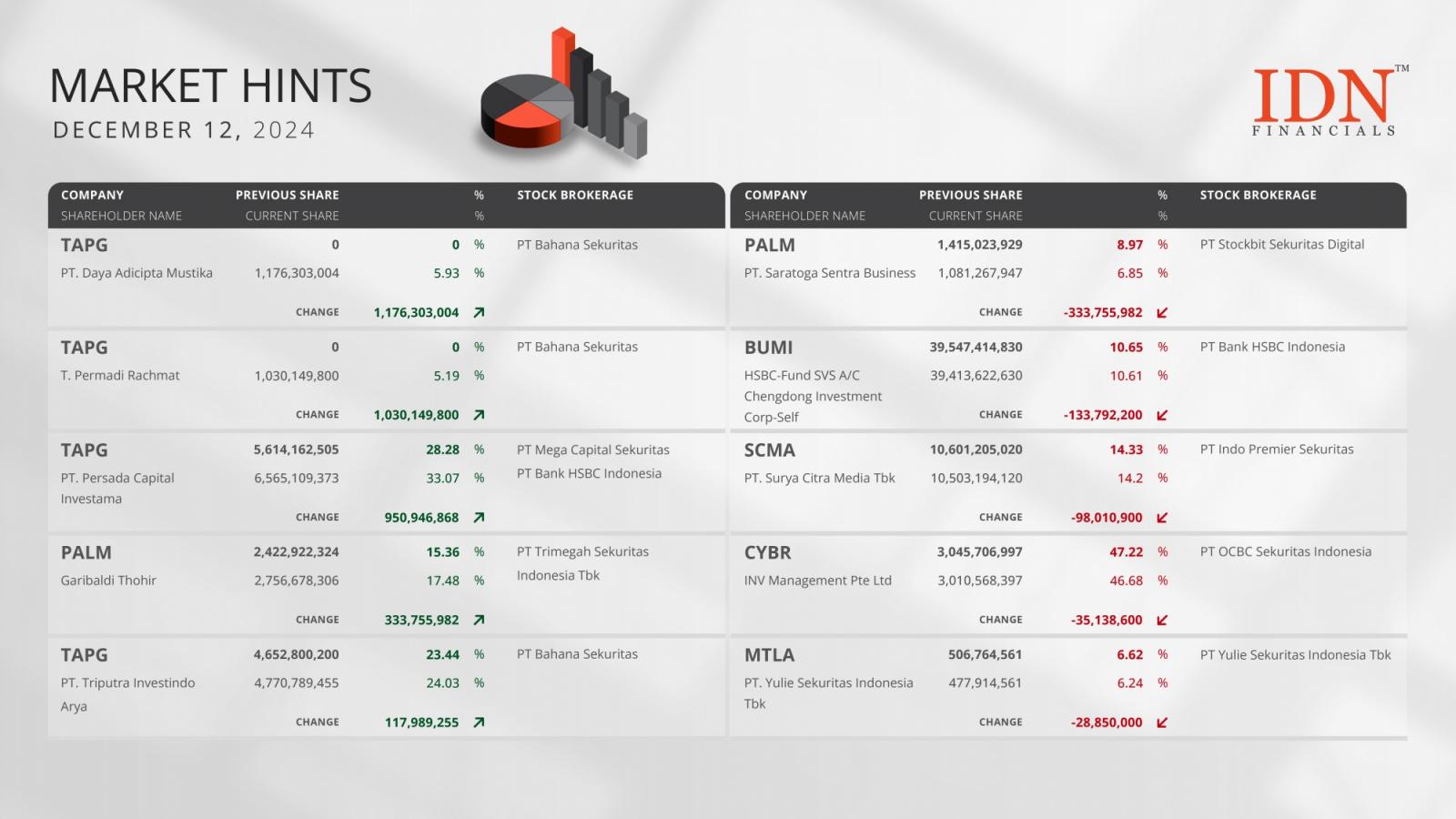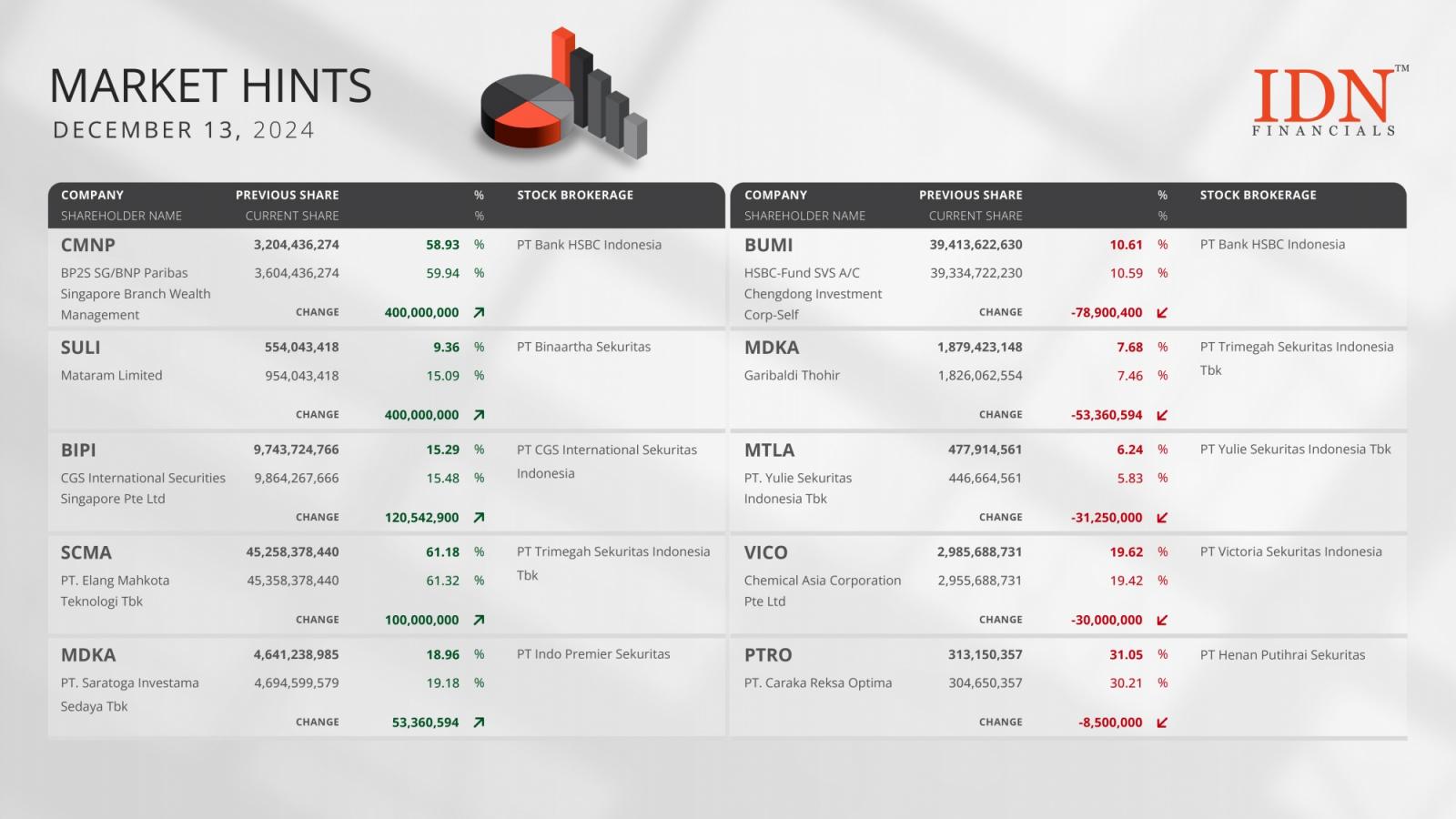
In a bid to increase its institutional clients’ exposure to crypto, U.S. asset manager Fidelity has decided to enable Ethereum (ETH) trading starting October 28, according to a memo sent out by the company.
Fidelity’s institutional clients will be enabled this month to buy, sell, and transfer ether, according to the memo whose contents were confirmed to CoinDesk by a spokesperson for Fidelity. Taking into consideration the asset manager’s robust market position, the latest development could provide a major boost for institutional adoption.
Most recently, as part of the company’s efforts to provide new crypto-related investment opportunities to its customers, Fidelity launched a new ethereum index fund intended for accredited investors. The product’s launch followed the introduction of a number of crypto-oriented products by the company.
“Fidelity Advantage Ether ETF offers secure storage of ether, managed with our in-house services. The ETF allows you to gain exposure to ether and aims to diversify your portfolio with one of the world’s largest cryptocurrencies. Plus, it’s RRSP and TFSA eligible. And because it’s Fidelity, the advantages are all yours,” the firm said in a statement.
ETFs are financial instruments that trade on an exchange like stock but track a specific market or asset, such as Bitcoin (BTC).
“Fidelity Advantage Ether ETF Fund is the mutual fund that invests all its assets in the ETF,” according to the asset manager.
Some 72% of American financial advisors would be more likely to invest their customers’ assets in cryptocurrency if a spot crypto ETF was available for purchase in the United States, as shown by an April 2022 survey by the New York-based Nasdaq stock exchange.
The poll, which collected answers from a group of 500 financial advisors, indicated that, among those advisors who are already investing in crypto, a robust 86% expected to ramp up their allocations over the course of the next year. At the same time, 0% of the polls said that they aimed to decrease them, according to the survey.
The April poll’s results demonstrated the professionals’ rock-solid belief in crypto’s potential to generate long-term profits. On average, the surveyed advisors who were investing in crypto at that time or planned to do so declared that the ideal crypto allocation would represent some 6% of a client’s total investment portfolio.






